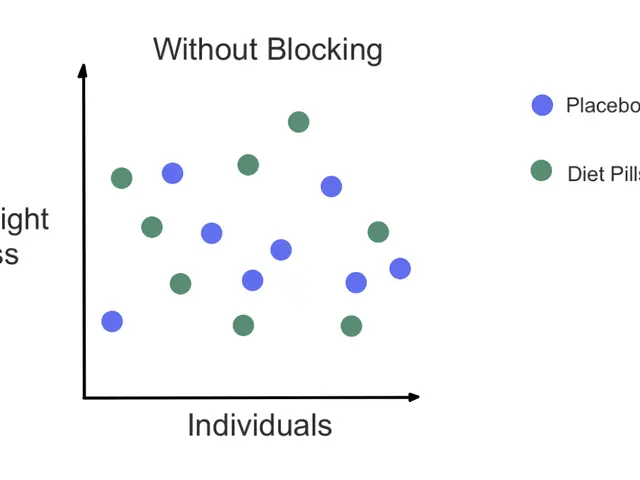Enchanted Creature: The Mystical Fish
In the world of business, the line between right and wrong can sometimes become blurred. This is the central theme of Bill Browder's book, "Red Notice", a gripping account that exposes the moral depravity of Russian President Putin and his associates.
Originally shared in the Rochester Business Journal, "Red Notice" is more than just a thrilling narrative. It serves as a stark warning about the pervasive "magic fish" mindset, a mentality not unique to corrupt Russian oligarchs but prevalent in many business communities.
This mindset, as Browder describes, encourages short-term gains at the expense of others, often leading to self-destructive and harmful behaviors. One notable example of this is the case of an oil oligarch named Potanin, who attempted to steal $87 million from Browder and his investors through an unscrupulous stock dilution scheme.
Potanin's actions, justified by Browder as being "the Russian thing to do", are not isolated incidents. Massey Coal, Enron, WorldCom, Tyco, and other firms have engaged in actions that endangered themselves, their workforce, and their investors, providing examples of financial misconduct.
Such actions, as Browder argues, cause long-term harm to the firms that take them. This is evident in the move by Whole Foods, a company known for its commitment to ethical business practices, to refrain from "poking their suppliers' eyes out" by squeezing them for every penny. Instead, Whole Foods strives to keep costs under control while helping their suppliers thrive, a strategy that benefits the company over the long term.
The author, Browder, was once the largest foreign investor in Russia. His experiences in the Russian business landscape led him to question the prevalence of this perverse economic mindset. However, he also highlights the potential for positive change.
Robert Reich, Raj Sisodia, John Mackey, and others have proven that conscious capitalism can lead to widespread prosperity. Companies that aim to help their stakeholders flourish optimize their chances of success. Striving to run a business "consciously" by considering commercially reasonable options to improve everyone's "vision" can benefit both the business and its stakeholders.
German companies like Holtzbrinck, with a dedicated sustainability management team, actively pursue ethical business cultures focused on long-term stakeholder benefits and alignment with UN Sustainable Development Goals. Their efforts include strategic sustainability integration and compliance with emerging EU regulations such as the Corporate Sustainability Due Diligence Directive (CSDDD).
In the end, the tale of "Red Notice" serves as a call to action for businesses to reconsider their priorities and strive for a "rising tide" for all, a strategy for pursuing enlightened self-interest and widespread prosperity. As Browder himself states, achieving this goal can lead to a better future for everyone involved.
Read also:
- A Business Model Explained: Its Purpose and Benefits for Your Venture
- Trump administration faces lawsuit by Denmark's Ørsted over halted wind farm project
- U.S. takes a pledge of $75 million to foster Ukrainian resources development
- Deep-rooted reinforcement of Walkerhughes' acquisitions through strategic appointment of Alison Heitzman




